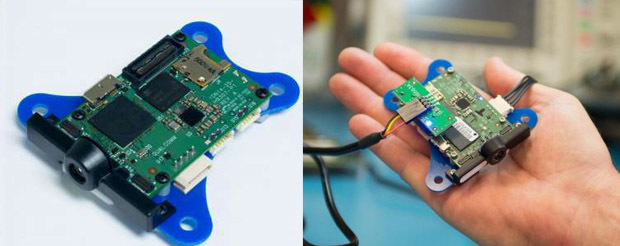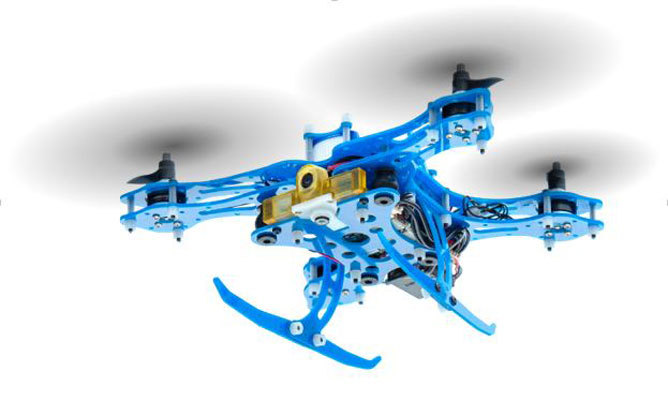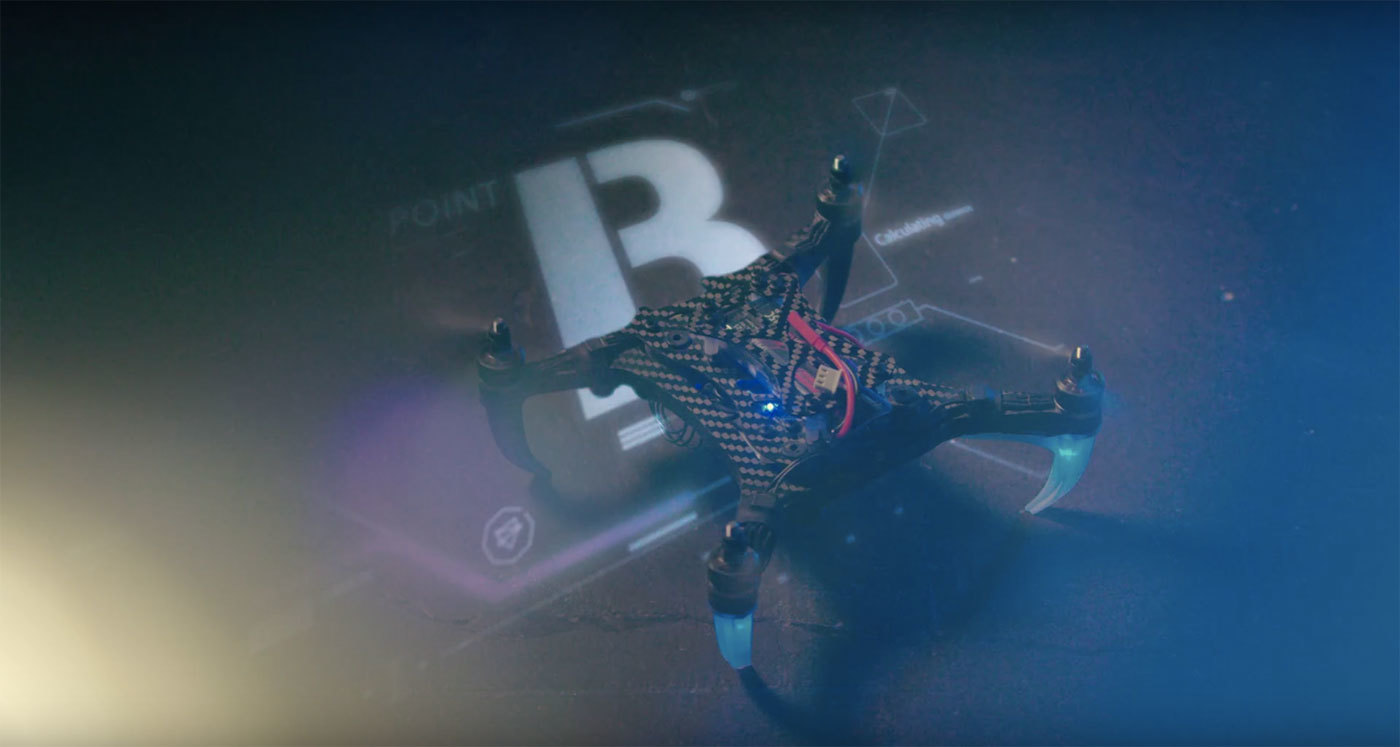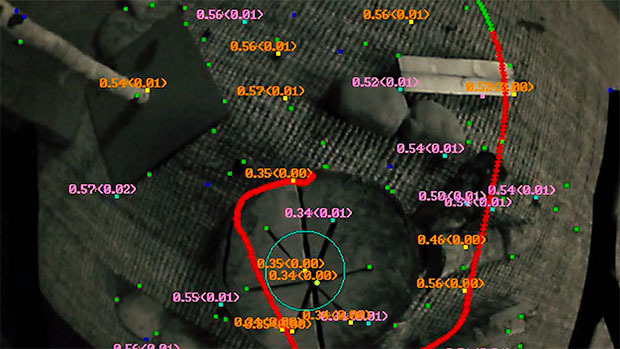Snapdragon Flight Drone - platform for autonomous UAVs
Do you want to pump your quadrocopter chip from Qualcomm?
Developing unmanned autonomous aircraft, including those with ROS on board, will now be easier. Allow drones to coordinate their own flight - this is the aim of Qualcomm. The result of this work was the Snapdragon Flight Drone platform, which the company demonstrated at CES 2017.

Technology giant Qualcomm has introduced a system that will allow anyone to create autonomous drones. Aircraft with the Snapdragon Flight Drone platform will be able to recognize objects, build an obstacle map and choose the best route.

')
The demonstration of the new technology took place in a closed pavilion without using GPS. Monocular visual odometry and mapping. The device adequately coped with the task and confirmed that it can work, relying only on its own strength.

The Snapdragon 801 processor weighs only 12 grams, but does an excellent job with the complex tasks of SLAM. UAVs can fly independently without assistance.
Snapdragon Flight platform based on Snapdragon 801 processor with a frequency of 2.26 GHz. Snapdragon Flight allows you to create low-cost wireless drones with the highest performance in the world.

Today, drones use separate components for photography, navigation and communication, supplied by various vendors. The use of discrete components ultimately leads to an increase in cost and an increase in the size of drones.

Qualcomm integrates one-of-a-kind, leading technology in the mobile industry The motherboard has a size of 58x40 mm and contains a Qualcomm Snapdragon 801 quad-core processor, Adreno 330 graphics accelerator, 802.11n Dual-Band 2x2 Wi-Fi module, Bluetooth 4.0, GNSS navigation module. The platform supports Quick Charge fast charge technology, 4K video recording and two cameras.

Snapdragon Flight allows you to create simple and cheap drones at a low price with the ability to record Full HD-video at 60 frames / s and the possibility of computer image processing.
Specifications
System on Chip: Snapdragon 801
CPU: Quad-core 2.26 GHz Krait
DSP: Hexagon DSP (QDSP6 V5A) - 801 MHz + 256KL2 (running the flight code)
GPU: Qualcomm Adreno 330 GPU
RAM: 2GB LPDDR3 PoP @ 931 MHz
Memory: 32GB eMMC Flash
Power supply: 5V
Sensors
MPU: Invensense MPU-9250 9-Axis Sensor, 3x3mm QFN
Barometer: Bosch BMP280 barometric pressure sensor
Optical Flow: Omnivision OV7251 on Sunny Module MD102A-200
Video: Sony IMX135 on Liteon Module 12P1BAD11 (4k @ 30fps 3840 × 2160 video card with SD card with H.264 @ 100Mbits (1080p / 60 with parallel FPV), 720p FPV)
GPS: Telit Jupiter SE868 V2 module
Wifi: Qualcomm VIVE 1-stream 802.11n / ac with MU-MIMO † Integrated digital core
BT / WiFi: BT 4.0 and 2G / 5G WiFi
CSR SiRFstarV @ 5Hz via UART
USB 3.0 OTG port (micro-A / B)
Micro sd card slot
Camera connection port
ESC connector (2W UART)
I2C
60-pin high speed Samtec QSH-030-01-LDAK expansion connector
2x BLSP
Read more about the stuffing platform Snapdragon Flight Drone







→ Machine Vision (MV) SDK
→ Snapdragon Flight ROS GitHub with VISLAM examples.
Source: https://habr.com/ru/post/373103/
All Articles